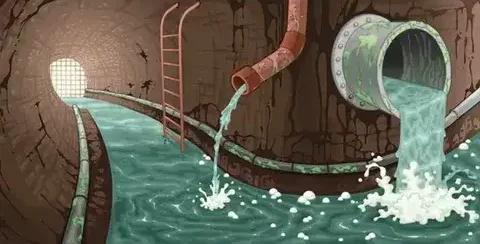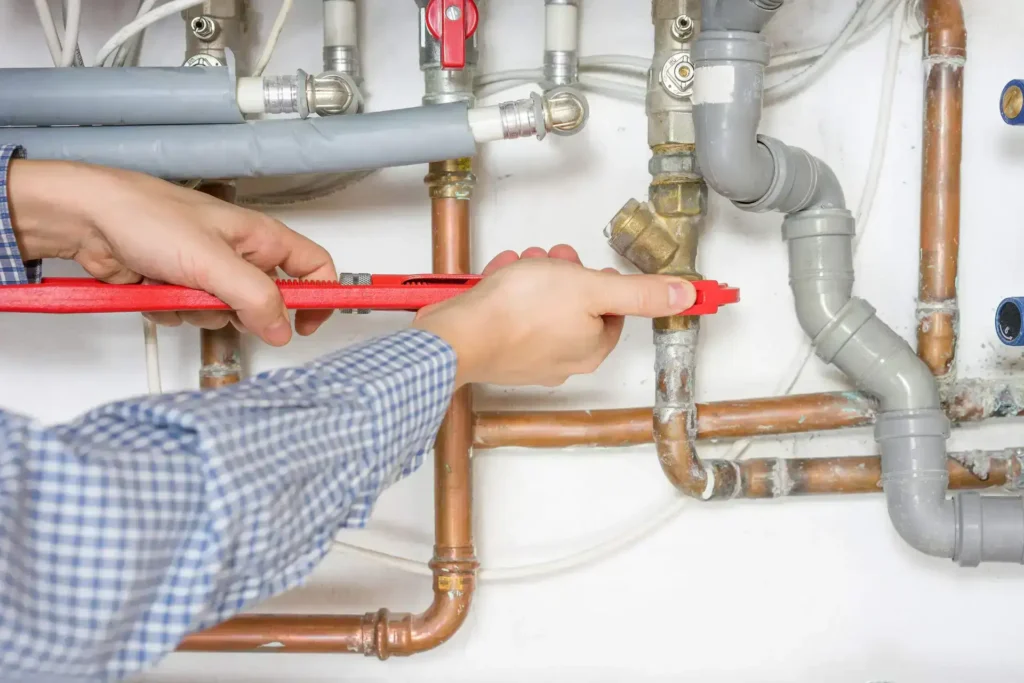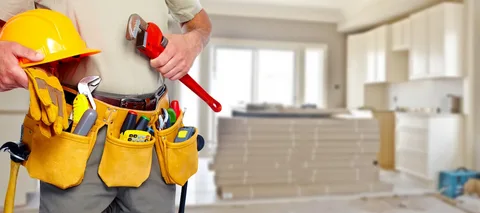Are you going to connect your house to the city water and sewer, and wonder how much it would cost? When connecting the house to the city water and sewer systems, the place provides purified water and safe disposal and sanitation for wastes, but at a price. The cost of hookups to city water depends on a variety of things such as where you live and how far away the lines are from your house.
The article will also touch on some factors that consider the cost of hooking up to the city water and sewer. After taking into account connection fees, installation, and other necessary costs, you will estimate the prices. This way, you can know if the extra price would be worthwhile.
Benefits of Connecting to City Water and Sewer

Reliability: City water systems, in addition to an almost continuous supply, provide a reliable water quality that diminishes the chance of shortage or contamination. In particular, the loss becomes crucial in times of drought or in areas with dubious sources of water. Free from distraction, city water enables households to access water and continue the day’s businesses smoothly.
Convenience: The city sewer system collects and disposes waste outside the home, and the homeowner does not need the expense of maintaining septic tanks. Cleaning, inspecting, repairing, or worrying about a failed system is not for residents, as they enjoy this “free” life with fewer hassles of private waste disposal.
Property Value: Properties that get connected to city water and sewer typically have more property value than those that do not. As such, property lots become more market-worthy since the hassle of installing and maintaining a private water and septic system is now the concern of the buyers. After all, they are already having city services. Additionally, having reliable city utilities makes a property more marketable.
Health and Safety: City water systems treat and analyze water around the clock to meet health standards. A city sewer keeps groundwater free from contamination, thus helping to preserve the environment’s safety. Clean water and assured waste disposal ensure a habitable space and a much healthier life, protected from waterborne diseases and other environmental hazards.
Average Cost Breakdown
| Component | Estimated Cost |
| Permits and Inspections | $650 – $2,600 |
| Water Connection Fee | $1,300 – $6,500 |
| Sewer Connection Fee | $1,950 – $7,150 |
| Trenching and Excavation | $1,950 – $13,000 |
| Plumbing Costs | $650 – $6,500 |
| Total Cost | $6,500 – $39,000 |
Factors Affecting the Cost of Connecting to City Water and Sewer
Distance from Main Lines
It is the distance from the nearest city water and sewer lines above and below ground that determines the cost of connecting them. Greater distances will often require additional piping and digging thereby making the whole process somehow costly. Quite high, the farther out the lines play in terms of having an impact on the material, labor, and planning costs.
Local Regulations and Fees
City water and sewer ordinances have their specifications in terms of connecting to city water and sewer. Permit fees can range widely with actual amounts from $650 – $2600 while connection fees can have rates from $1300 – $7150. You might want to check with your local office to know the real amounts before the start.
Trenching and Excavation
Trenching and excavation concern laying down pipes from your house to the main line. Costs depend on the soil and other obstacles, such as trees and rocks. Difficult terrain can make this portion of the project pretty expensive. The price of excavation can be from $1,950 to $13,000.
Plumbing Costs
Plumbing cost construction includes installing pipes, valves, and metering connections from home to city service. Note that if there are renovations or alterations to your plumbing, it may increase the total cost. Plumbing jobs may cost anywhere from $650 to $6,500 depending on what is required for the home. A proper plumbing connection guarantees that a connection will be available and continually functional for years to come.
Cost Breakdown by Component
- Permits and Inspections: You have to get permits and inspections to connect to city water and sewer. It is ensured that all work done meets safety standards and follows local rules. The cost of permits and inspections ranges from $650 to $2,600. This helps prevent any issues in the law and makes sure that everything is done right.
- Water Connection Fee: The water connection fee by the city that is charged for connecting your house or building with the water supply. It includes the tap to the main water lines and the water meter. Its cost is usually varying between $1,950 and $6,500.
- Sewer Connection Fee: The sewer connection fee is the cost for connection to the city sewer system. This fee includes connecting to the sewer line and any inspections related to the connection. Sewer connection fees may range from $2600 to $7150.
- Trenching and Excavation: Water supply and sewerage connections are to be done with trenching and excavation. Costs differ according to distance and types of soils. Trenching costs $13 to $39 per foot, while excavation costs may reach $13,000.
Additional Costs to Consider
Additional costs are usually incurred in looking into and connecting to the city water and sewer. They vary from location and are dependent on the intricacies of the project as well as other associated factors.
1: Soil Testing and Engineering
Soil testing ensures that the ground is suitable for excavation and pipe installation. In doing so, it may further add $650 to $2,600 to the overall cost, if required. This ensures that issues with the soil are identified and that the ground can support the water and sewer lines properly.
2: Road Cutting and Restoration
An additional $1,300 to $6,500 in costs may be incurred for cutting the road and restoring it, if the water and sewer lines happen to be under a road. This work ensures proper repair of a road; however, local authorities are also usually involved with traffic disruption and safety management.
3: Landscaping and Restoration
Out of trenching, perhaps, some landscaping and restoration are also needed to compensate for or fix any destruction caused to your yard. The amounts are in the range of $650-$2600. The property looks great and well maintained with right restoration that eventually adds value and curb appeal.
When these extra costs are taken into account, you are more likely to prepare for city water and sewer hook-up financially. Consult local authorities and your local contractors for good estimates applicable to your case.
Conclusion
The most expensive parts of connecting to city water and sewer are considered a multitude of contributing factors. The cost of connecting to such services largely depends on the distance from the main lines, local fees enforced, and the type of installation. Permits, inspections, and excavation are further considered additional expenses on top of the cost.
It is advisable to prepare and budget these costs. Local authorities should be contacted for specific fees and requirements to avoid unwelcome surprises. Although expensive, the costs are actually justified by the long-term value one would sacrifice for a reliable water and sewer connection.
FAQS
Q1) Do I need permits to connect to city water and sewer?
Yes, permits are necessary for the installation, and it may cost about $650-$2,600 depending on how the local regulations go.
Q2) How long does it take to connect to city water and sewer?
It takes about several weeks. It all depends on how complex the project will be and depending on weather conditions.
Q3) Can I connect to the city water and sewer myself?
No, one must hire a professional to ensure he or she meets all local codes. That way, safety and reliability are ensured.


